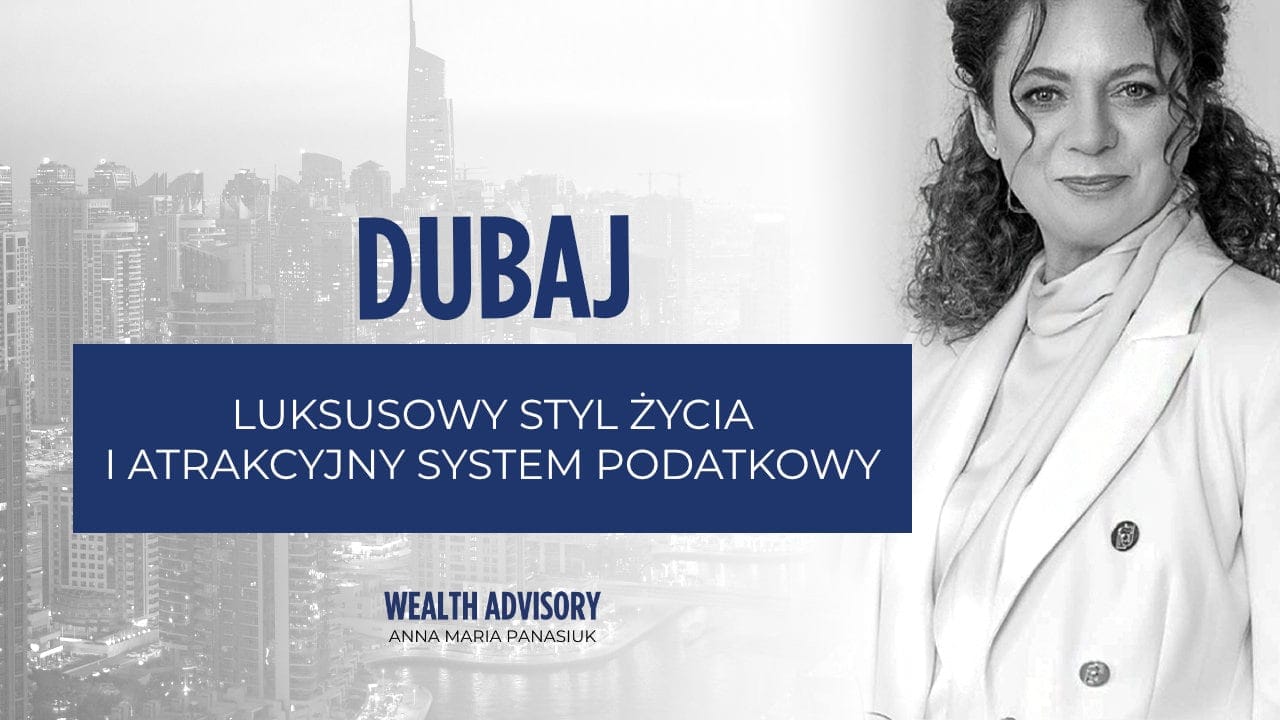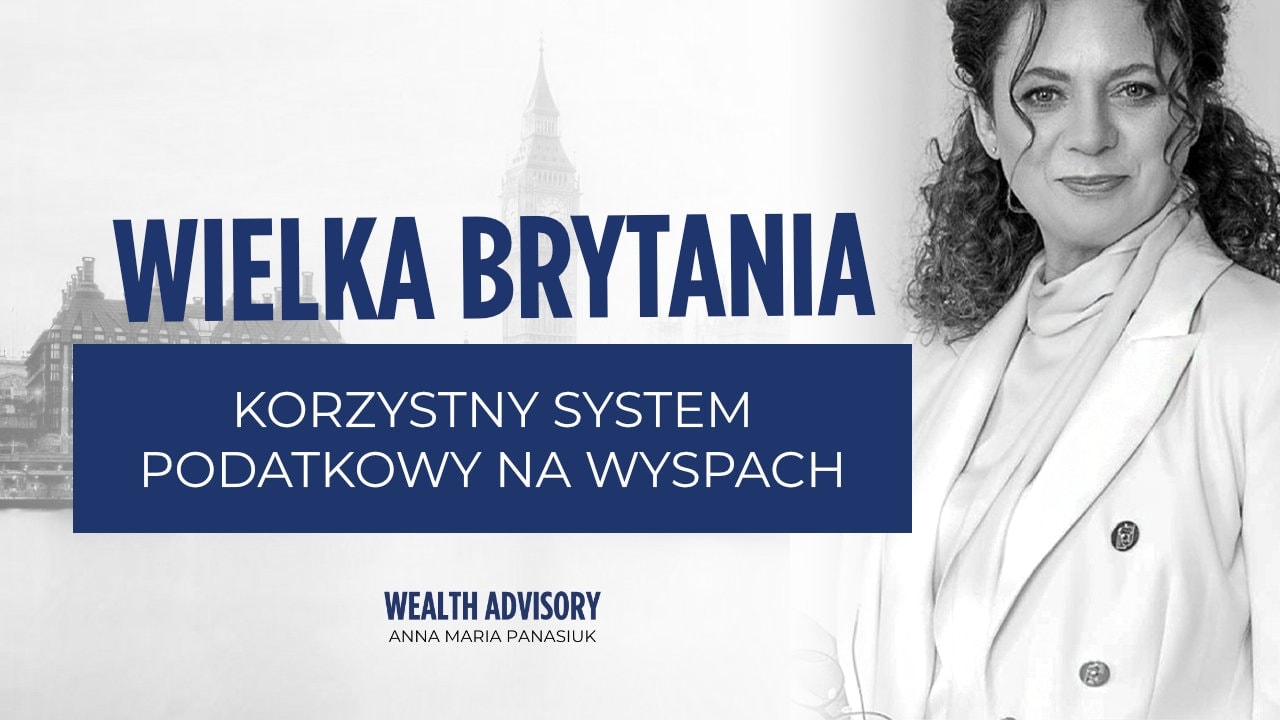We have been traveling all over the world with our clients for the past 20 years. The question of where to expand is a matter of business potential, access to workforce, market image, potential for dynamic growth, etc. Industry trends are as important as the legal and tax environment and should be conducive to business. In our article ‘Expanding Next Door’ we discussed what happens just outside Poland; here we will explore several other jurisdictions that have recently emerged among entrepreneurs as their preferred destinations, although not necessarily only as locations for business expansion. They are more often considered as a place for a holding group of companies or as a personal choice for lifestyle reasons.
Taxes in ESTONIA – suspension of CIT payments
Thanks to new legislative solutions implemented by the Polish Government, Estonia and the Estonian tax system in particular, have both recently gained in popularity in Poland. One of the adopted solutions was directly modelled on a scheme that has been in place in Estonia for some time, even the informal name “Estonian CIT” refers to this small northern country.
In its original version, the Estonian way of accounting for CIT is the tax system’s flagship solution. Its premise is that Estonian companies do not pay CIT until said companies’ profits are paid to their shareholders. It should be noted that, unlike the Polish solution, the system in place in Estonia is unconditional. A company does not pay CIT until their profits are paid out, in any form, to their shareholders. In practice, this allows a company to reinvest profits tax-free without the need for special tax exemptions. Crucially, it is available to companies regardless of the industry in which they operate or the type of income they generate (i.e. it applies to both operating income and dividends or capital gains.)
It is worth pointing out that, as far as the Polish tax authorities are concerned, an Estonian company controlled by a Polish taxpayer constitutes a CFC, the consequence of that is the potential of tax liabilities in Poland.
It should also be noted that the Estonian CIT system is very simple and does not contain any tax rebates or special rules.
For natural persons who are tax residents in Estonia, both the basic rate and VAT are lower than in Poland.
Taxes in CYPRUS – an island for investors
Cyprus is a well-known jurisdiction to Polish investors. It was once very popular, then became a somewhat forgotten destination, particularly after the last financial crisis. Today Polish entrepreneurs’ interest in Cyprus has rekindled. When considering tax residence, Cyprus should be on the list of explored destinations. To find out more about it see ‘Cyprus vs United Arab Emirates where to move? Change of tax residence.
The Cyprus tax system provides a number of positive investment features which, combined with a friendly tax administration and a pro-investment tax environment, make this Mediterranean island unlikely to have any problems attracting foreign investors.
The main characteristic of the Cyprus tax system is the non-taxation of capital gains, with the exceptions of the sale of real estate companies or real estate located in Cyprus. This allows to reinvest investment profits from a Cyprus company tax-free, which can be done on a personal basis (after obtaining residence in Cyprus) or through an appropriate investment entity based in Cyprus.
Another interesting piece of the Cyprus tax jurisdiction puzzle is that physical persons do not pay tax on their dividend income. Some exceptions may apply to local residents, but a Cyprus company paying dividends abroad will not pay tax in Cyprus.
Of course, as in the case with Estonia, a Polish entrepreneur who is a tax resident in Poland while holding a stake in a Cyprus investment company will have to take the Polish CFC rules into account.
Taxes in MALTA – a system of deductions and an effective CIT rate of 5%
In many respects Malta is similar to Cyprus, but the similarity is mainly down to geography and history. Both countries also have tax systems largely inherited from common law. However, both countries’ tax systems are structured slightly differently.
Malta’s system, unlike the one in Cyprus, has relatively high basic tax rates (up to 35%) and a complex system of tax deductions at the point of distribution of profits from one company to another. This method allows for an effective reduction of tax at shareholder level to 5% of the total profit earned in the structure. It is worth bearing in mind that this is all based on a system of tax refunds. In other words, companies must first pay taxes at a rate of 35% and subsequently apply for a refund of the relevant proportion of tax.
Here again, a Polish taxpayer who is a partner in an entity in Malta and uses the above rules may be subject to CFC rules in Poland.
Important business factors should dictate whether a company in Malta is the right choice. The practical use of this jurisdiction has been thrown into question by the most recent restrictions imposed by the EU on Malta’s banking system as well as by the cumbersomeness of their tax refund process.
Taxes in the UK – what is the post-Brexit situation?
Until recently, the United Kingdom was viewed as one of Europe’s financial centres. Many Polish entrepreneurs chose this jurisdiction as their living destination or to do business on a European scale.
Has Brexit changed this? And if so, why? – IT DEPENDS.
It has been much harder to become a British tax resident post-Brexit. The reason is simple, the UK no longer belongs to the EU system of free movement of people and capital. Nowadays, to be able to live in the UK and to get tax residence, a residence permit is necessary and obtaining one is of course not impossible. However, in order to qualify, an applicant must go through an immigration process that is understandably more complicated than it was pre-Brexit.
Furthermore, UK companies no longer benefit from the range of investment and business facilities available in Europe. In this context, EU perks such as at source tax relief on dividends, interest or royalties paid from the EU to the UK (and vice versa) no longer apply.
Nevertheless, the UK is still an interesting jurisdiction for Polish entrepreneurs for two reasons:
- It is a very good base for investing in the United States, and
- It has a range of interesting tax propositions, e.g. the non-domiciled status (‘non-dom’), which allows a natural person to formally be a British tax resident without paying tax there as long as no income or assets are transferred to the UK. This is important because it allows them to operate in the UK and beyond, while staying mobile and residing elsewhere.
Interestingly, companies in the UK do not withhold tax at source on dividends paid abroad. Crucially, the UK also has fiscally transparent entities similar to Polish limited partnerships (prior to this year’s changes), namely LLPs. Under specific rules in the UK tax system, non-domiciled shareholders will not be liable to pay tax on those companies’ profits in the UK if they come from activities outside the UK.
Fundamentally, outside this scheme, the UK is no different from other large western European tax jurisdictions. It is characterised by progressive and fairly high rates of income tax, few tax reliefs and a VAT rate that isn’t particularly high.
Taxes in ITALY that attract the wealthy
The Italian tax system is highly complex and has relatively high rates of progressive taxation. Nevertheless, Italy is still a popular option for Polish entrepreneurs as a place to live.
The most important reasons for the continued interest in Italian residence are of a non-legal nature and unique to Italy and those are: climate, lifestyle, level of development, etc. However, it is also worth highlighting a number of solutions that the Italian tax system has to offer to those who wish to live in Italy.
One is a special tax system for immigrants. It offers a 70% tax exemption on personal income for 5 years from moving to Italy. In some regions, such as Abruzzo, Basilicata, Calabria, Puglia, Sardinia and Sicily, this exemption can increase to 90% of income. To benefit from those exemption some conditions must to be met:
- not having been a tax resident for the last 2 years;
- commitment to remain in Italy for at least 2 years;
- and, work in Italy for at least 183 days a year. Importantly, following recent legal changes, it is possible to extend the exemption for a further 5 years through a one-off fee of 10% on the income generated in Italy (or 5% if the applicant has 3 or more dependant minors under their care.)
Another option is fixed taxation for high-income earners. If a natural person has not been a tax resident for 9 of the last 10 years, they can claim taxation on their entire income, including foreign income, up to EUR 100,000 per year. Obtaining the right to this tax status also guarantees exemption from inheritance and gift tax, as well the so-called wealth tax. This is undoubtedly a very interesting proposition, but to be profitable it requires a significant income.
Comparison of the main tax regulations in our neighbouring countries – what to expect when planning a business expansion strategy
| Country | CIT rate | PIT rate | VAT rate | Exit tax |
| Estonia | 20% with the possibility of suspension until profit is paid out of the company | 20% reduced rate of 7% on dividend payments | 20% 9% on sales of books, magazines, hotel services or certain medicines | Standard rate Applies to: the change of residence (with the possibility of suspension when moving to EEA countries) and the transfer of assets outside Estonia |
| Cyprus | 12.5% | from 0% (up to EUR 19,500) to 35% (from EUR 60,000) | 19% 9% on road and maritime transport, hotel services and restaurants 5% on items such as: the sale of soft drinks, pharmaceutical products, certain medical products | Standard rate Applies to the change and transfer of assets outside Cyprus |
| Malta | 35% | from 0% (up to EUR 9,100) to 35% (from EUR 60,000) | 18% 7% on accommodation, use of sports facilities 5% on electricity supply, medical accessories, entry to museums 0% on food, pharmaceuticals, local transport | Standard rate Applied to the change and transfer of assets outside Malta |
| United Kingdom | 19% | 0% (up to £12,570) to 45% (from £150,000) | 20% 5% on items such as: the sales of child car seats and energy for households 0% on the sale of food and clothing for children | No specific exit tax, but after leaving the UK there is the possibility of further taxation of foreign income in the UK (despite having moved out) |
| Italy | 24% In addition, a local production tax of 3.9% is levied | 23% (up to EUR 15,000) to 43% (from EUR 75,000) In addition, the below are levied:Regional tax (1.23%-3.33%)Municipal tax (0%-0.8%) | 22% 10% on electricity supply 5% on health services, transport services 4% on food, beverages, e-books | Standard rate Applies to: the change of residence (with the possibility of suspension when moving to EEA countries) and to the transfer of assets outside Italy |
WHAT ARE THE TAKEAWAYS?
The choice of destination to move or establish a central holding entity depends on many factors. Overall, taxes are undoubtedly a very important one, but not the most important. Before moving, investors take into consideration the economic environment, the business recognition, the market potential or quite simply the living conditions they can expect in their chosen location.
However, once decisions based on those all-important criteria have been made, it is worth considering what the tax consequences could be. Each jurisdiction has its own characteristic and it may be that on closer inspection the chosen location proves to be unprofitable from a legal and tax standpoint. Or perhaps to achieve a better business outcome, a different approach must be taken to that the entrepreneur had planned. Pre-planning those moves is just like playing chess, it is done in anticipation of unexpected consequences that could surprise an entrepreneur and potentially expose them to high costs. The rate at which Polish enterprises are expanding is accelerating and so it is important for this process to be supported by experienced experts. Tax issues in particular should not be ignored, they require constant supervision by a good adviser who inevitably becomes a constant companion on this journey across the world.













